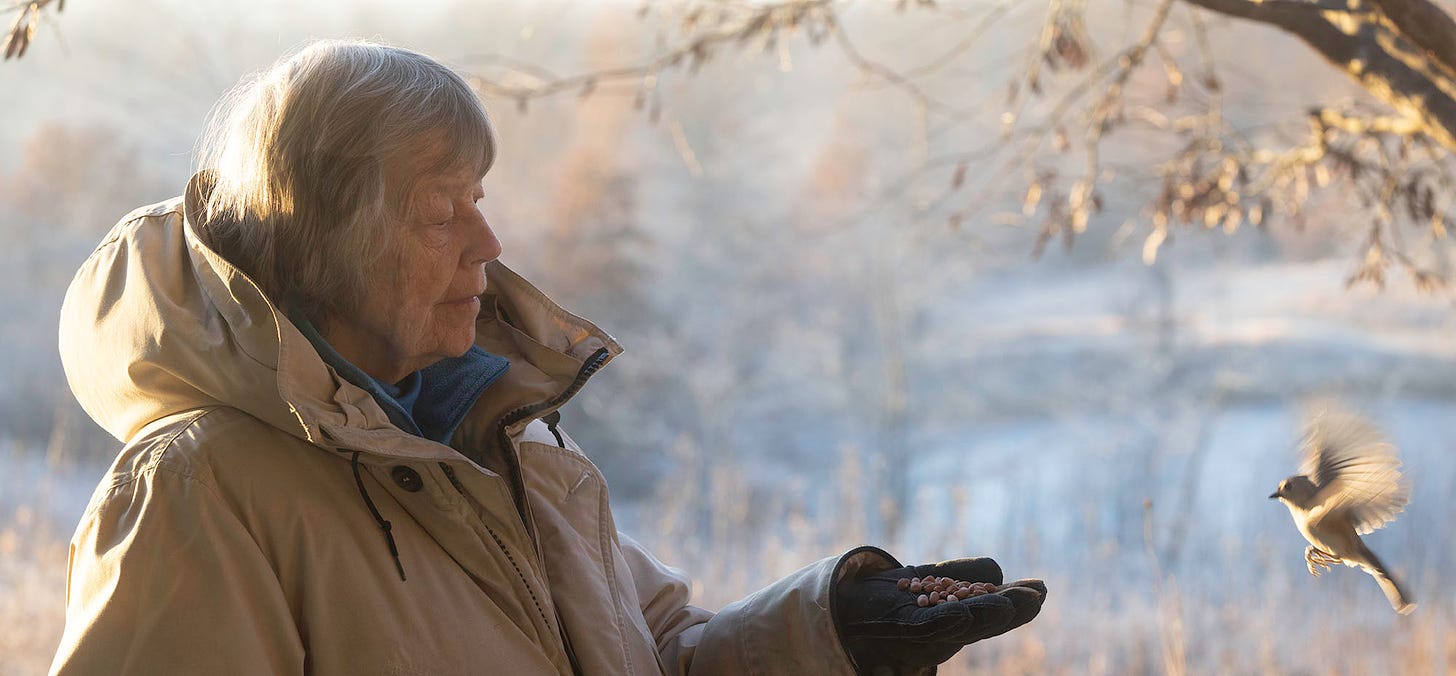What is My Gaia?
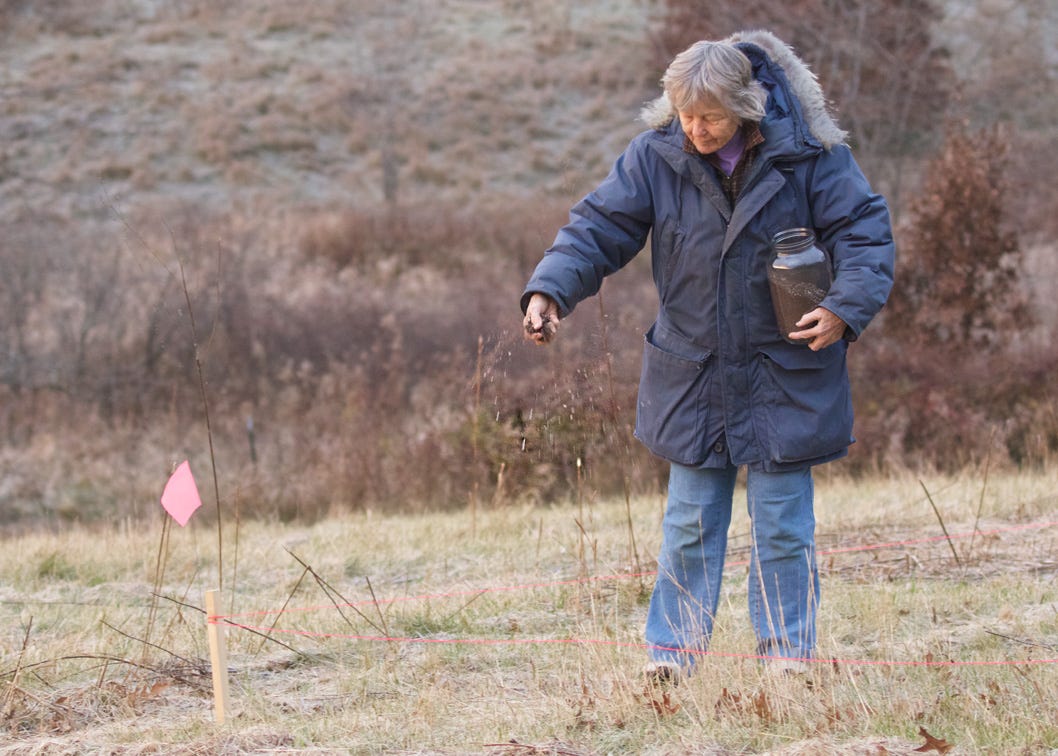
My Gaia is my statement of love for the wild things of this planet. Especially birds, native flowers, and other wildlife living in my own backyard and in natural areas near me.
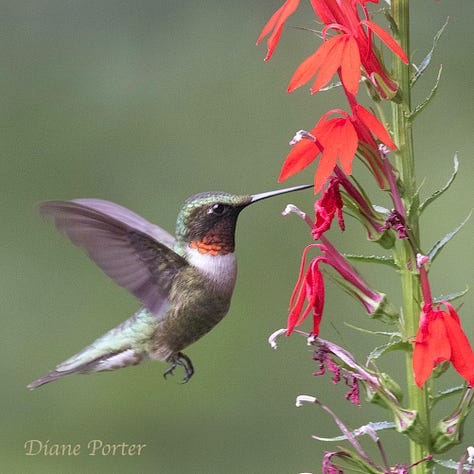
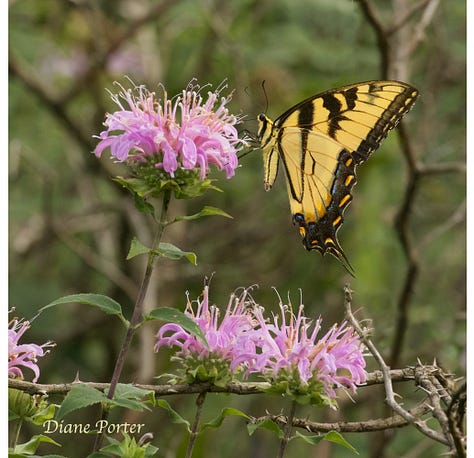
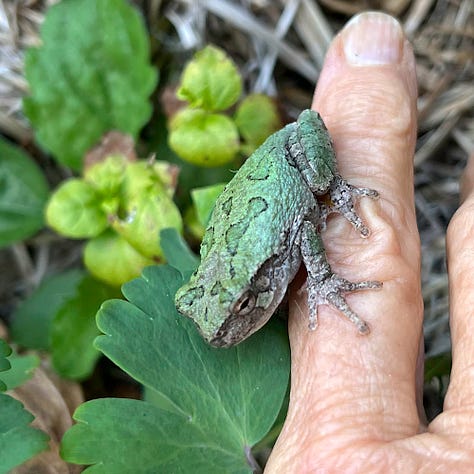
Who is My Gaia for?
For everyone who cares about wild birds and native plants
For those who aspire to identify the wild things that share our space
For those who want to offer a helping hand to nature
Why subscribe?
Every article in My Gaia is free. If you subscribe, you will get each new post by email. (At any time, you can easily unsubscribe.)
If you wish, you can also sign up for a paid subscription. I’m grateful for readers who support My Gaia financially. (But all subscribers get all the articles for free.)
Why do I produce My Gaia?
Before my Iowa town was here, this place was prairie and oak-hickory savannah. Wildflowers and tall grasses blanketed the land, with dark ribbons of trees along the rivers. Birds and wild animals were abundant.
That changed when roads and agriculture arrived. Now less than 1% of the original tallgrass prairie remains in Iowa.
But we haven’t quite lost it all. Native plants survive in old pastures, along railroads, and in parks. They flourish beside rural roads and on a few, priceless remnants of land that have never been bit by the plow.
The unbroken grassland will not return, but we can preserve some of it in our backyards and farms. Doing so will help restore our souls.
When I started looking for native plants, to my surprise I found over 100 species of wildflowers here on my own land. I saved seeds and started a prairie flower garden. Now it lights up with flowers, early spring through late fall. It can never achieve the diversity of an original prairie, but it is a sweet echo. And it helps every bird that passes through.
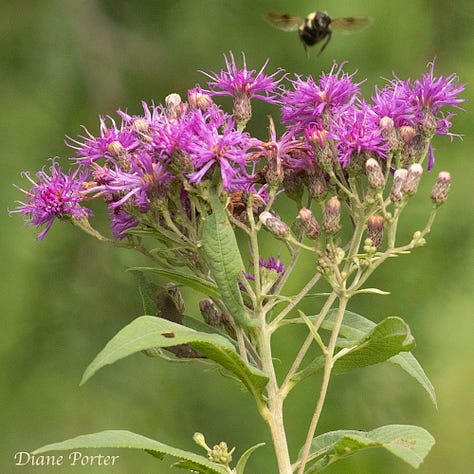
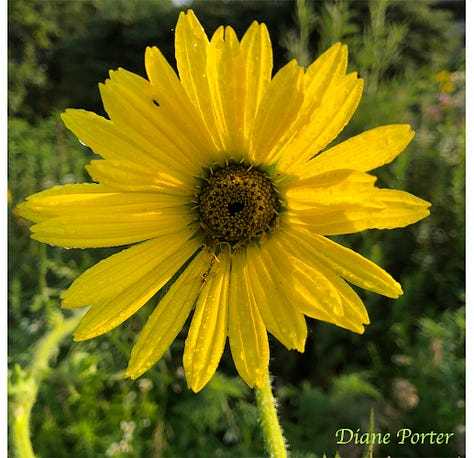
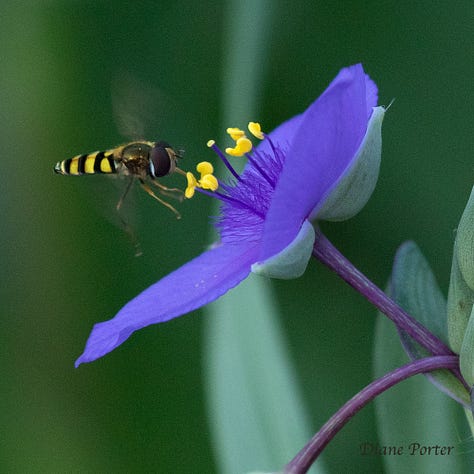
If you live in the Midwest, most of the plants I write about are your native plants also. If you live elsewhere, the flowers are different but the principles are the same: learn your native plants; collect or acquire seeds or starts; help our native plants survive the biological narrows that our planet is going through.
Who am I?
I’m Diane Porter, a writer living with my husband Michael and a rescued dog named Latte in a rural area of southeast Iowa. Michael and I have a business, Birdwatching Dot Com, which offers optics and other necessities to birders.
My Gaia is the record of my steps toward restoring nature where I can.
Noticing flowers, trees, mosses, lichens, birds, butterflies, mammals
Saving and planting seeds of native wildflowers
Shaping my woods by favoring native trees and removing invasive species
Restoring habitat for birds and other animals
Re-educating my own attitude toward insects
I hope My Gaia will encourage others who share my goal. Maybe it will give you, my reader, more ideas of ways to support nature where you live, too.



